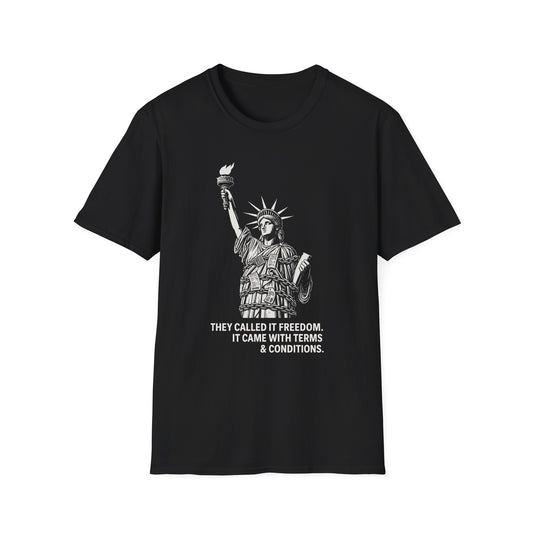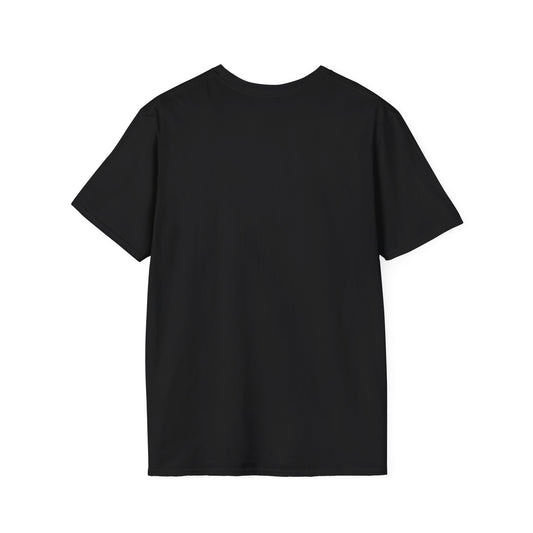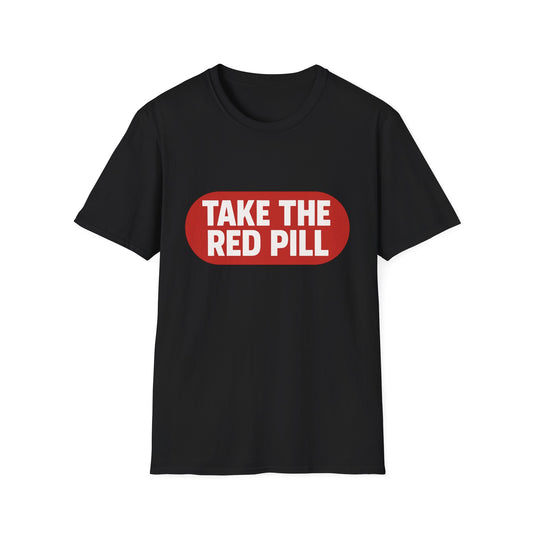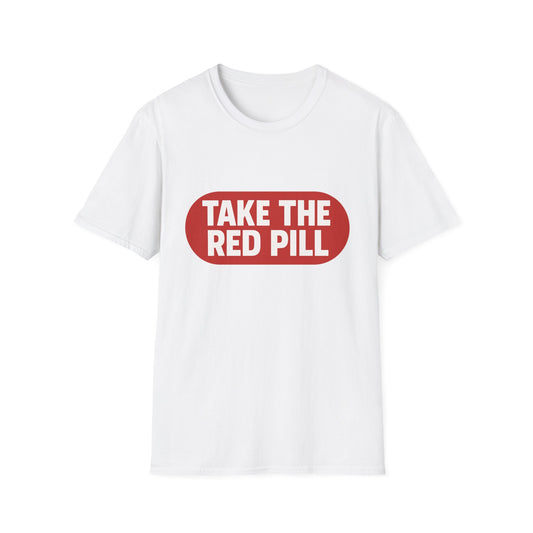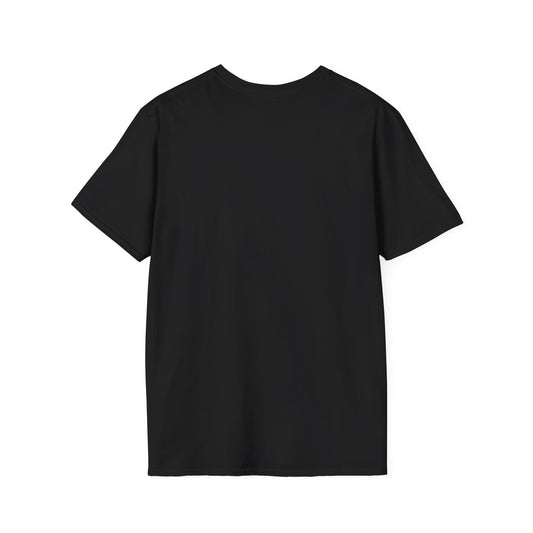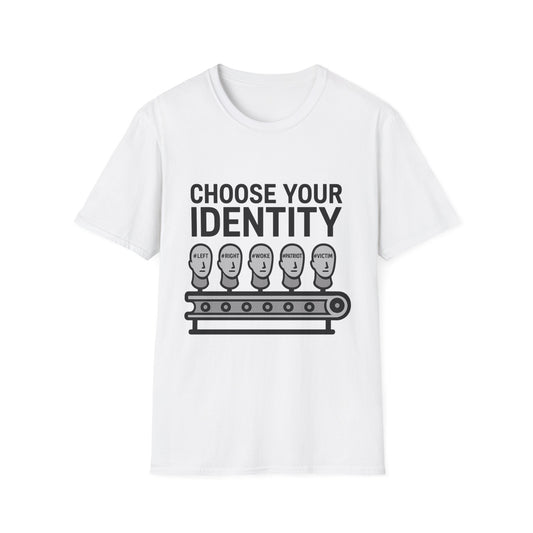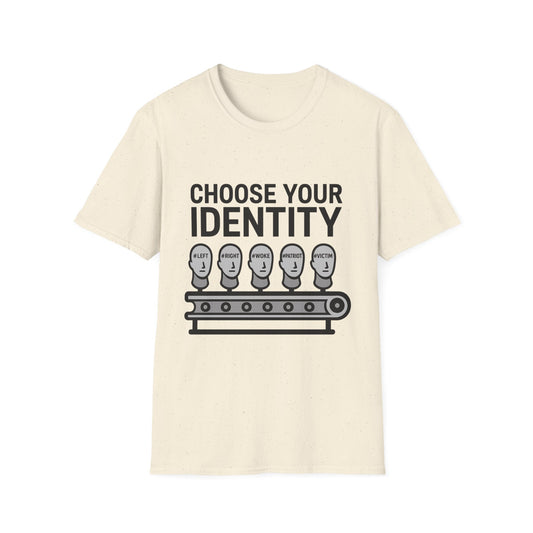
You Will Own Nothing and Be Happy: The Lie Behind the Slogan
You Will Own Nothing and Be Happy: The Lie Behind the Slogan
It started as a whisper. Then a meme. Then a full-blown digital prophecy.
“You will own nothing and be happy.”
It sounded absurd the first time you heard it—some bizarre sci-fi tagline pulled from a conspiracy forum. But now, in 2025, it’s not just a slogan. It’s a slow, deliberate plan unraveling in real time. And the worst part? Most people don’t even see it.
This isn’t about paranoia. This is about patterns. Control disguised as convenience. Ownership replaced by subscriptions. Autonomy traded for access. Your rights, your property, your privacy—swapped out for digital tokens and monthly payments.
You don’t own your movies. You stream them. You don’t own your car. You lease it. Your software? Subscribed. Your home? Mortgaged to the bank forever. Your job? Precarious. Your data? Already sold a thousand times.
And as the noose tightens, you’re told it’s progress.
We’re being conditioned to see ownership as a burden. To see minimalism not as choice, but necessity. To smile while the system quietly extracts every piece of leverage we once had over our own lives.
But let’s break this down.
Ownership used to mean freedom. Property meant security. It meant you couldn’t be evicted, couldn’t be censored, couldn’t be cut off with a single update or algorithmic flag. But now, every part of life is digitized—and with it comes control.
Don’t like the terms of service? Too bad. They just changed. Don’t like the rent hike? Good luck finding anything cheaper. Don’t want to renew your subscription? Then you lose access.
The system is shifting. And fast.
You don’t get to pass things down anymore. Not music. Not books. Not tools. Not land. The idea of legacy—of building something and keeping it—is being erased and replaced with the illusion of access.
They’ll say it’s eco-friendly. Sustainable. Inclusive. They’ll say it helps “close the wealth gap.” But it’s not about equality. It’s about consolidation.
The less you own, the more you depend. The more you depend, the easier you are to steer.
Dependency is profitable. But more importantly—it’s controllable.
This isn’t theory. It’s happening. Banks deny service over political beliefs. Tech platforms ban you for wrongthink. Cars with software locks shut down remotely. Smart homes require constant cloud syncing. Even tractors now come with DRM. You’re not buying autonomy—you’re renting it, at the system’s mercy.
And all of this is sold to you with a smile. Through sleek interfaces. Trendy ads. Uplifting slogans about sharing and sustainability. But behind the curtain, it’s not about saving the world. It’s about centralizing control.
Because when you own nothing, you can’t say no.
Programmable Currency and Digital IDs: The Final Chains
Now layer in the next phase—programmable currency and digital IDs. Not only will you not own anything, you won’t even control how you spend.
Imagine this: you receive your digital paycheck, but it’s programmed. You can only use it on “approved” items. You can’t save it. You can’t donate it. You can’t invest it outside the system. And if you said the wrong thing online last week? It might arrive late—or not at all.
That’s not a glitch. That’s the design.
Programmable digital currency gives governments and corporations total control over behavior. Your spending becomes compliance. Your bank account becomes a behavioral leash.
And the digital ID ties it all together.
Want to access healthcare? Scan your ID. Want to travel? Verify your vax history. Want to buy groceries? Submit your face, scan your code, confirm your social score.
Sound extreme? Look around.
Pilot programs are already in place. CBDCs (central bank digital currencies) are being tested worldwide. Social credit systems exist and are expanding. And the masses—numbed by convenience—are accepting it without question.
Because it doesn’t come all at once. It arrives like software updates. Quiet. Routine. Unnoticed.
Until it’s everywhere.
Resist the System That Numbs You
They want you pacified. Comfortable. Dependent. They want you to believe that friction is failure and that ownership is outdated. They want you to trade your freedom for convenience, your voice for algorithmic approval, and your future for temporary comfort.
But you are not a user. You are not a consumer. You are not a datapoint.
You are a builder. A protector. A creator. You were made to own, to grow, to fight for your space in the world—not lease it from a faceless entity that profits off your passivity.
Owning land, tools, skills, your time—that’s the new rebellion. Owning your privacy, your speech, your soul—that’s the threat they fear most.
Because a person who owns things can walk away. Can stand up. Can opt out. Can resist.
They can’t have that. So they sell you ease instead.
But the cost of comfort is your freedom.
The system won’t collapse with a bang. It will suffocate you with comfort. With seamless interfaces. With things “just working.” With rewards for staying inside the lines. Until you forget what it even felt like to live outside of them.
But you can remember.
You can unplug. You can question. You can reclaim.
It starts small. Grow your own food. Own your own tools. Own your content. Say no to the upgrade. Read the fine print. Delete the account. Protect your energy like it’s gold—because it is.
Build real-life relationships. Speak face-to-face. Invest in what can’t be digitized. And above all—resist the pressure to hand over your autonomy for convenience.
You will own nothing and be happy? No.
You will own what matters and finally feel alive again.
